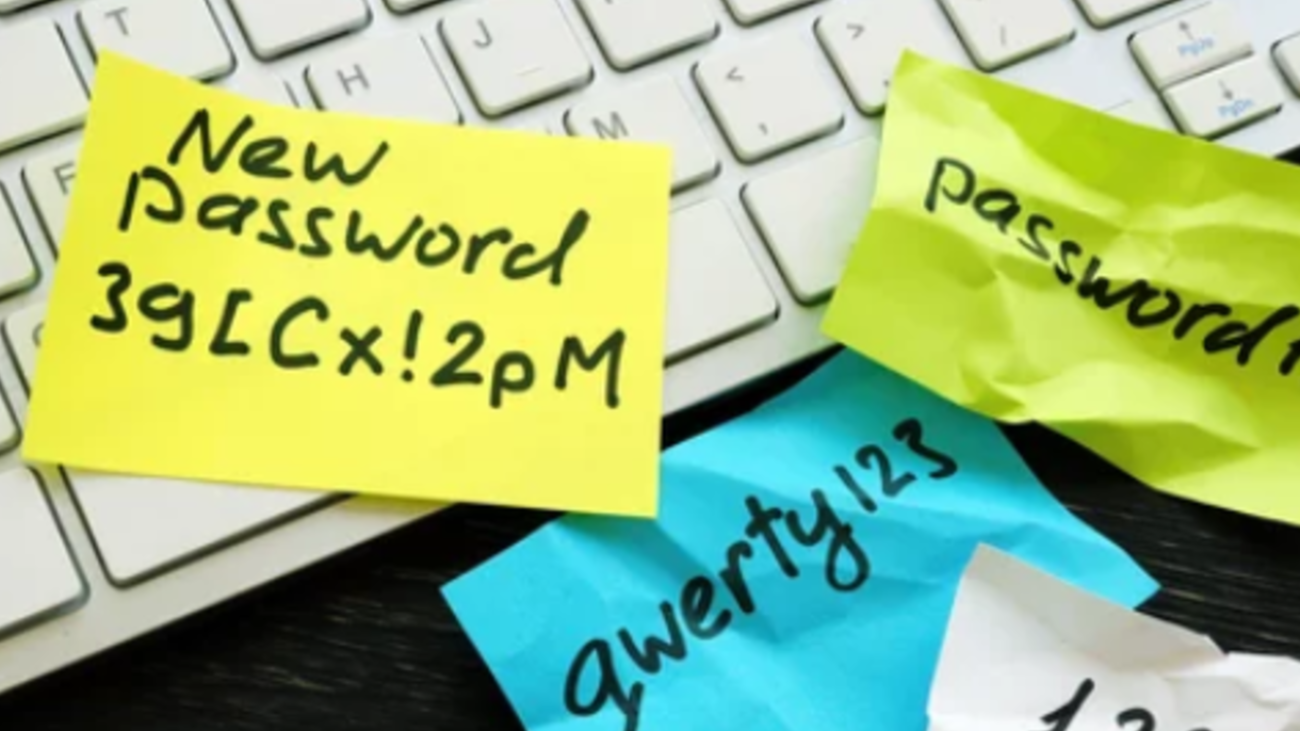Introduction.
In today’s hyper-connected world, nearly every aspect of our lives banking, shopping, socializing, working depends on digital platforms. And yet, despite increasing awareness of cyber threats, many people still rely on weak, predictable passwords that offer little to no real protection.
A staggering number of individuals continue to use credentials like “123456,” “qwerty,” or even just their name, all of which can be cracked in seconds using basic brute-force tools. With cyberattacks becoming more frequent, sophisticated, and damaging, the humble password remains one of the most common and critical points of failure in personal and organizational security.
It’s not just hackers you have to worry about anymore automated bots are scanning the web 24/7 for exposed credentials and vulnerable accounts. One careless mistake, one reused password, and you could find yourself locked out of your email, your bank account drained, or your identity stolen.
Creating strong, secure passwords isn’t just good practice it’s an essential life skill in the digital age. But let’s be honest: no one wants to memorize a random string of letters, numbers, and symbols for every account. The good news is you don’t have to. By understanding what makes a password truly strong and applying a few smart techniques, you can drastically reduce your risk without sacrificing convenience. Whether you’re a tech novice trying to protect your social media or a small business owner worried about securing customer data, knowing how to build strong passwords is the first step in building a digital fortress around your information.
This guide will break down exactly what makes a password strong, how to create one without losing your mind, and the tools you can use to manage them easily.
From passphrases to password managers to two-factor authentication, you’ll learn everything you need to stay one step ahead of cybercriminals. Because in cybersecurity, it’s not always about being impenetrable it’s about being harder to crack than the next guy. So if you’re ready to ditch the “Password123” habit for good and actually secure your digital life, you’re in the right place. Let’s dive in.

Why Strong Passwords Matter
Hackers don’t guess passwords manually. They use automated tools that can test billions of combinations in seconds. Weak passwords can be cracked in seconds. A strong one could take centuries.
Quick fact:
According to a 2025 cybersecurity report, over 80% of data breaches involve weak or stolen passwords.
What Makes a Password Strong?
A strong password is:
- At least 12–16 characters long
- Includes uppercase and lowercase letters
- Contains numbers
- Uses symbols (like
! @ # $ % ^ & *) - Is not based on dictionary words or personal info like birthdays, pet names, or favorite bands
Bad example:
Summer2025
Good example:F!r3W0rks^Dance#95
3 Easy Methods to Create Strong Passwords
1. The Passphrase Method
Create a sentence or string of unrelated words that’s long and memorable.
Example:YellowBicycle!SkyTiger27&
Use a sentence you can remember, like:
“My dog barks at 7 PM & loves pizza.” → MyD0gB@rks@7pm&L0vesPizz@
2. Use a Password Manager
Forget trying to remember dozens of complex passwords. Use a password manager to:
- Generate strong passwords for you
- Store them securely
- Auto-fill them when needed
Popular ones include:
- 1Password
- Bitwarden
- Dashlane
- LastPass (if properly secured)
3. Don’t Reuse Passwords
Using the same password across sites means if one gets breached, they all do.
Test yourself:
Go to haveibeenpwned.com to see if your email or passwords were exposed in a data breach.
Bonus Tips for Password Security
- Change passwords for important accounts every 6–12 months
- Enable 2FA (Two-Factor Authentication) wherever possible
- Don’t share passwords even with friends
- Never store passwords in plain text (like on a sticky note or in a notes app)
TL;DR – Your Password Checklist
- 12+ characters
- Mix of letters, numbers, symbols
- Not based on personal info
- Unique for each account
- Stored securely (with a password manager)
- 2FA enabled

Final Thoughts
Cybercriminals are getting smarter, but so can you. A strong password isn’t just a tech tip it’s a life skill in the digital age. Take five minutes today to upgrade your passwords it could save you a lifetime of regret.
